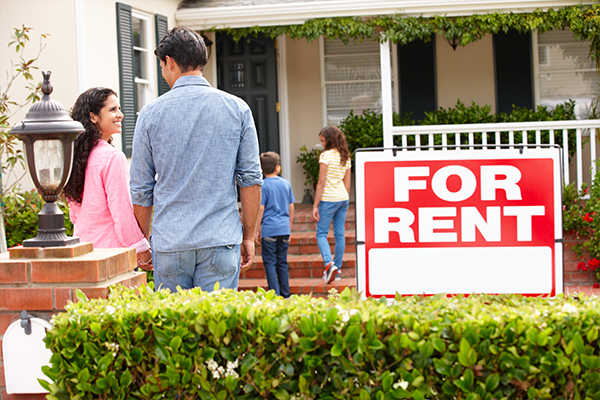The Ins and Outs of Installing a Security System as a Landlord
Buying a home is one of the most significant investments a person can make. You upgrade your home in many ways—a fresh coat of paint, a landscaping project, or possibly adding a security system.
If you go a step further and invest in rental properties, you have to do all those things and more to keep both your tenants and property safe. A security system makes sense if you want to protect your investment.
Why Should You Install a Security System at Your Rental Property
A security system provides peace of mind for both you and your tenants, gives your property a competitive edge in a crowded market, and is a value-added feature that allows you to (rightfully) charge more for rent. Need some more justification? Here are a few common reasons landlords install security systems:
-
Keep an eye on tenants—sometimes renters exceed the allowable occupancy or have huge parties. The landlord has a right to document those violations.
-
Hold contracted workers accountable—some workers clock in late, clock out early, or don’t show up at all. No matter what the situation, it’s always helpful to verify the service on your property.
-
Prevent theft and vandalism.
-
Monitor when vacant—there will be times when there are no renters, and you want to ensure no one is accessing your property without permission.

Landlord Best Practices
Be sure you research and follow any local and state laws regarding security cameras and where landlords can install them. Every state has different laws in place to ensure the privacy of tenants.
The Reporters Committee for Freedom of the Press, a Washington D.C. organization that provides pro bono legal representation to protect First Amendment freedoms, reports “unauthorized installation or use of hidden cameras is a felony punishable by fines and up to two years in prison.”
Below are three best practices to keep in mind for a security system at your rental property:
-
Know the code—This means if the tenant changes it, they must notify you. You should always have access to the property. There may be an emergency; you may have to schedule repairs or show the property again if a tenant leaves.
-
Teach your tenants how to use the system—this will minimize wasteful and annoying false alarms, which will, in turn, help keep your monitoring fees from going up because of excessive calls.
-
Put a security clause in your lease—it’s a great way to document that your tenants know there is a system on-site, and it protects you against claims of secretive recording.
When you decide to install a security system at your rental property, FSS Technologies is ready to help every step of the way. See some of our solutions for homes and businesses.